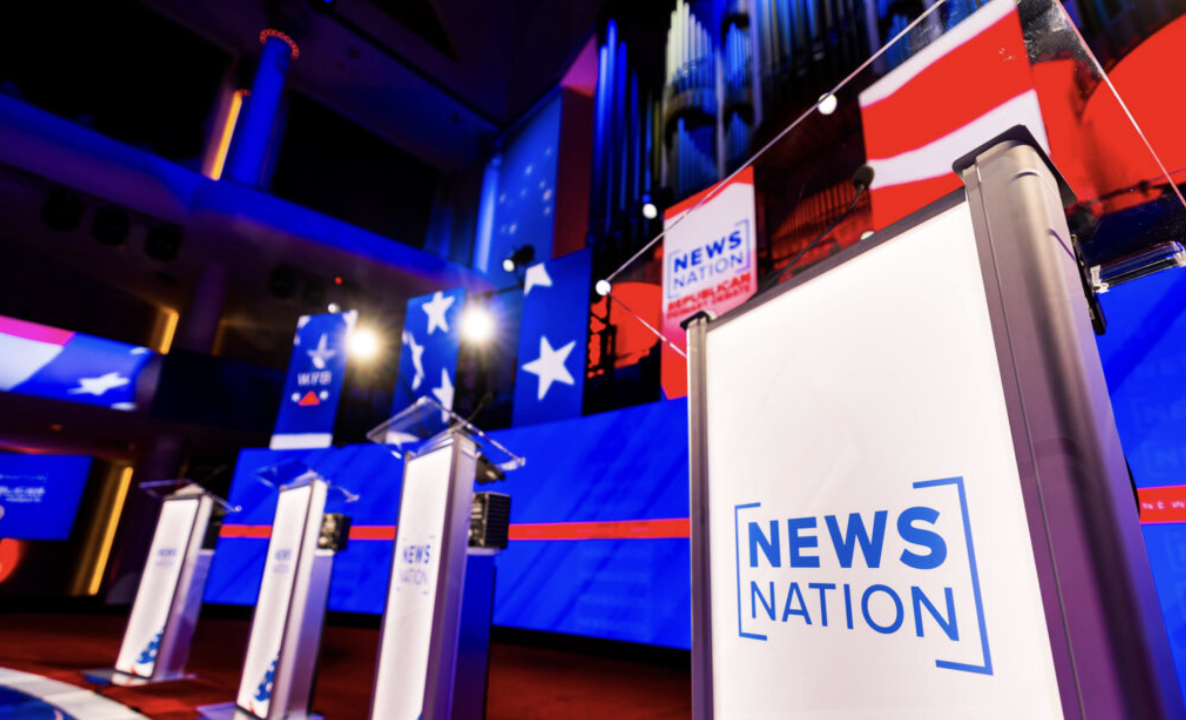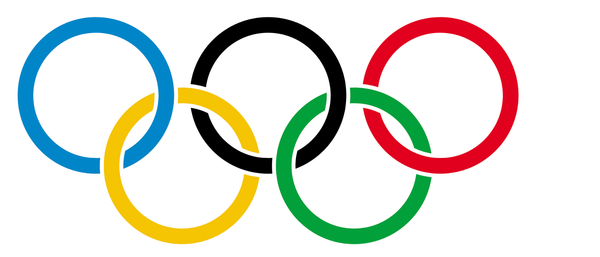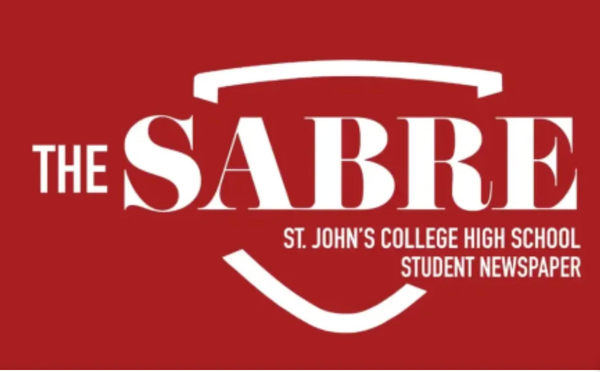News and Views: Recapping the Republican presidential debate
The Sabre Archive

On Wednesday at 8 p.m. EST, the fourth and final Republican debate took place at the historic University of Alabama and was hosted by News Nation. Various crucial topics were discussed, including the economy, foreign policy, technology, big corporations, the Southern Border, parental rights, voter identity, and transgender/LGBTQ+ policies.
Four of the five frontrunners were present. Ron DeSantis, the second-highest polling candidate at 13%, according to ABC News, is the Governor of Florida and a former congressman from Florida-6. While DeSantis has maintained his second-place lead, there have been numerous changes.
Following closely is the former UN ambassador, Governor of South Carolina, and State Representative Nikki Haley, who averages 10.5% in polls, gaining significant ground in recent months.
Businessman and co-founder of Strive Asset Management, Vivek Ramaswamy, a young conservative politician, polls at 5%, according to ABC News.
Lastly, former New Jersey Governor and Federal Prosecutor Chris Christie polls at 3%, presenting himself as a moderate conservative running on an anti-Trump platform.
Notably absent from the debate was businessman and former president Donald Trump, who still commands 60% of the votes, according to ABC News, despite facing legal challenges. Trump has not participated in any of the four debates.
Four Main Takeaways
- Foreign Policy Takes Center Stage: Foreign policy emerged as a central theme, addressing issues from China and Russia to Israel and Ukraine. This was evident in the second main question of the debate, focused on candidates’ stances and actions regarding the crisis in Palestine. Responses varied, with Ramaswamy advocating for no physical or economic presence in the region, Haley emphasizing US aid, and DeSantis highlighting sanctions against Iran. The discussion expanded to include the war in Ukraine, Russia, China, and the appropriate role and influence of the United States.
- Continued Foreign Policy Discussions: Foreign policy discussions extended to topics such as the southern border, where DeSantis proposed building a wall and having Mexico pay for it. Talks about Taiwan and potential US intervention in the event of conflict were also featured. Ramaswamy advocated for arming every Taiwanese citizen with an AR-15, standing by his previous statement.
- Haley Under Attack: Nikki Haley faced persistent attacks from every candidate on the stage, particularly on allegations of corruption. Ramaswamy and DeSantis highlighted corporate funds she received from organizations like Boeing, where she served as a board member. Despite the attacks, Haley maintained her composure, dismissing some as not worth responding to.
- Christie’s Debate Experience Shines: Chris Christie, expected to perform well in debates, showcased his expertise on Wednesday night. As a seasoned debater and professional politician, Christie effectively addressed challenges, notably taking on Trump. However, some argue that this success came a bit late in the campaign.
Party Divisions Grow
Throughout the night, a clear divide emerged among candidates, reflecting the broader split within the GOP. The debate showcased differing opinions, particularly between “classical Republicanism” represented by candidates like Trump and “American First Conservatism.” This ideological clash was evident in the attacks exchanged among candidates.
Debate Winners and Losers
Winners:
- Ron DeSantis: The Governor of Florida maintained a strong performance, sticking to his platform with minimal pushback. He maintained decorum and presented a consistent message throughout the night, positioning himself as a potential contender against Biden.
- Trump: The former president faced minimal backlash during the debate, maintaining his front-runner status with only a few poorly constructed criticisms.
Losers:
- Vivek Ramaswamy: Ramaswamy delivered one of the worst debate performances, lacking a clear and consistent plan on various issues. He spent much of his time either criticizing others or responding to questionable statements he has made.
- DC Bureaucrats: The term “swamp” and criticism of DC institutions, including politicians and government agencies, dominated the discussion. The need to decentralize the federal government, as advocated by Ambassador Haley, was a critical policy point.
In conclusion, the impact of this debate on polls and the upcoming Iowa caucus in less than 40 days remains to be seen.




